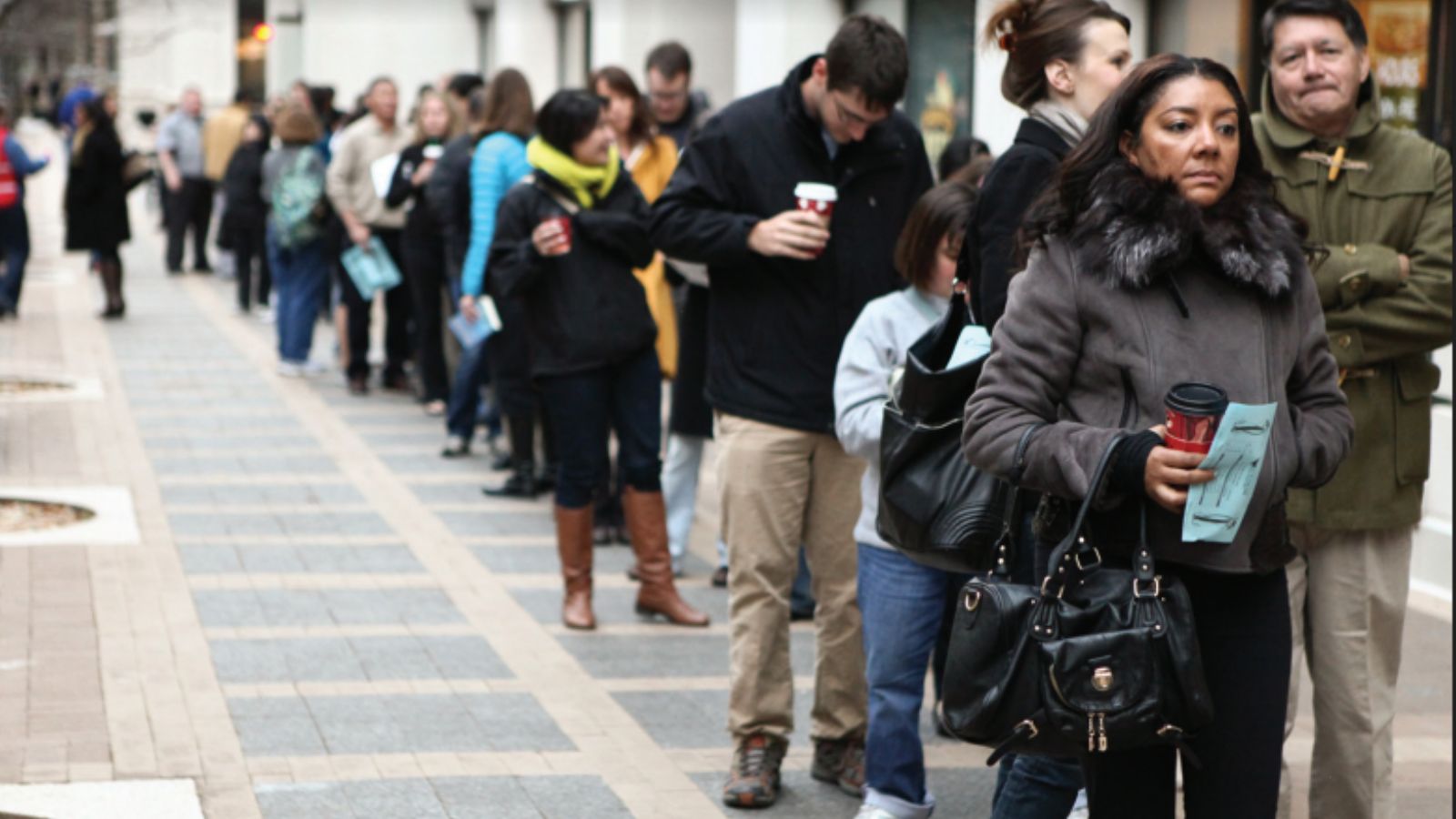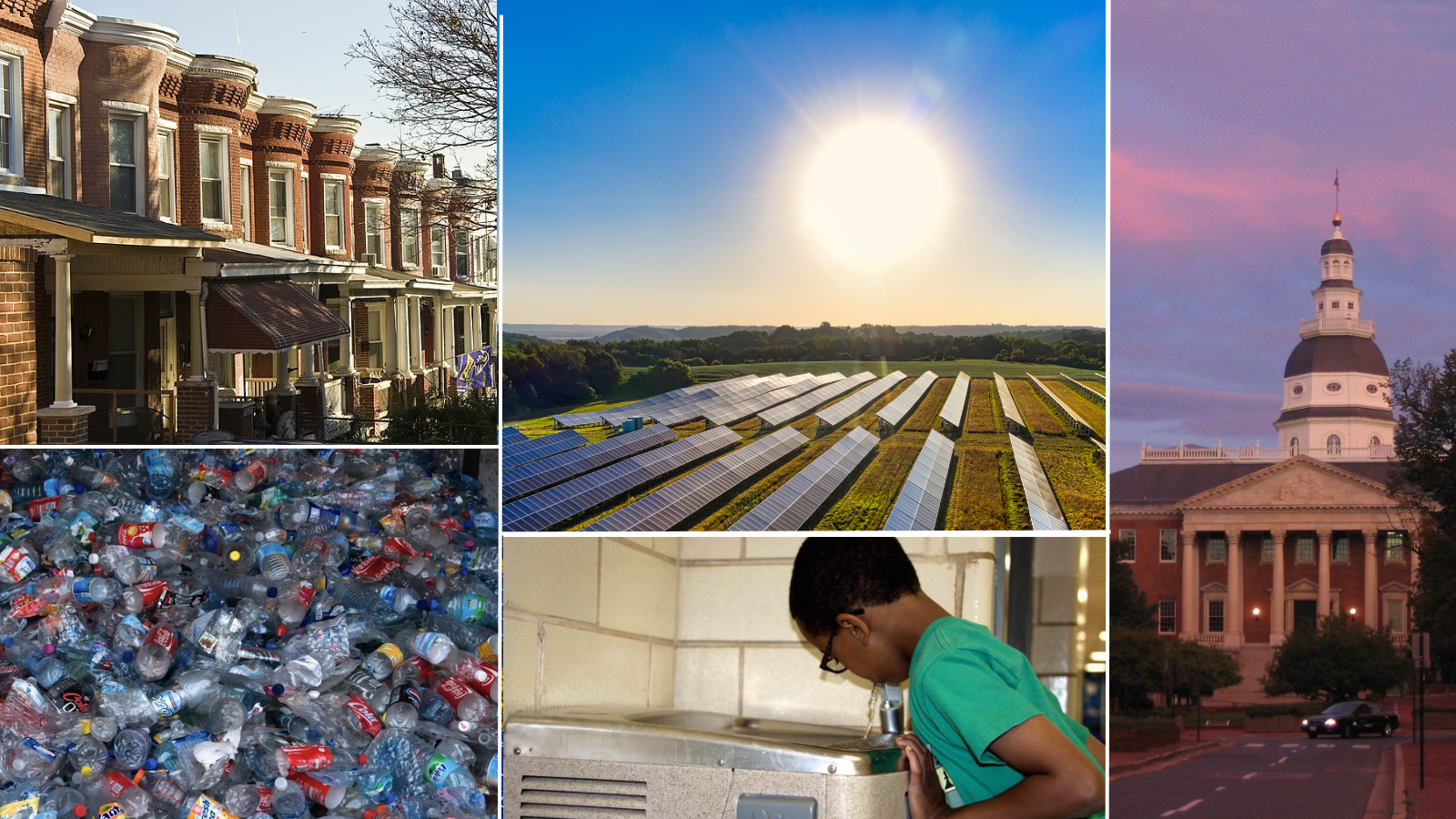
Testimony: Small Donor Financing for General Assembly Races
We believe that in Maryland, the amount of money your family makes - your race, your gender - should not determine the volume of your voice in our elections. But the rise of corporate and large campaign contributions has forced Maryland elected officials and candidates to be increasingly dependent on these donors, giving them less time to hear from and serve their constituents.
HB1351/SB947: Public Financing Act – State Senate and House of Delegates Candidates and Matching Fund Revisions
FAVORABLE
In 2013, the Maryland General Assembly passed the Campaign Finance Reform Act of 2013 which made it possible for Maryland counties to build small donor campaign finance programs locally. Since, Montgomery County, Howard County, Prince George’s County, and Baltimore City have all established these new campaign finance systems, and Montgomery County has successfully run their first election using the new system. And, Baltimore County and Anne Arundel County have also begun the process of establishing local programs. Now, it is time to modernize and expand Maryland’s public financing system at the state level.
This bill is modelled after the success of similar programs in the state and country, with adjustments to meet needs of state races. A Fair Elections program will be better for candidates and elected officials, better for the public, and better for Maryland.
We believe that in Maryland, the amount of money your family makes – your race, your gender – should not determine the volume of your voice in our elections. But the rise of corporate and large campaign contributions has forced Maryland elected officials and candidates to be increasingly dependent on these donors, giving them less time to hear from and serve their constituents.
This bill creates a voluntary program which enables candidates to run for office with small donations from their constituents and remaining competitive with those who accept large and corporate contributions. This serves the dual purpose of reducing corporate and large donor campaign spending and re-engaging the community in the electoral process. And with a Fair Election program in place, we hope to expand opportunities to run for office, so candidates of all backgrounds can run based on the strength of their ideas not access to money.
In September, Maryland PIRG Foundation released a report which found that Montgomery County’s Fair Elections program showed strong results in its first use. The report looks at data from 57 candidates for county office, 35 of whom participated in the program and 24 qualified to receive matching funds.[i]
Key findings:
- Candidates who qualified received nearly twice as many donations from Montgomery County residents than those not participating in the program (850 vs 434).
- Candidates participating in the program received an average contribution of $86 compared to $1,145 for non participating candidates.
- Candidates running for county council seats were able to use the small donor system to run competitive races. The average contribution, including matching funds, for candidates participating in the program was similar to the average contribution for candidates accepting large contributions. ($306 vs $292)
These types of programs are popular, effective, and gaining momentum.
BACKGROUND:
Recent decisions from the Supreme Court have unleashed a wave of mega donors into the electoral process and we are feeling the effects at the local level. The meteoric rise of election spending since these Supreme Court decisions means candidates and elected officials are often trapped spending an increasing amount of time fundraising from big donors, giving them less time to hear from and serve their constituents. It has also exacerbated the already shrinking faith that citizens have in their elected officials and government.
An October 2017 Poll from the University of Maryland and the Washington Post found that Americans, regardless of political affiliation agree the money in politics is a big issue and are not happy with the way our democracy is going.[ii]
36% said they are not proud of the way democracy works in America, up from 18% in 2014.
Money in politics was listed as the #1 cause for dysfunction in the U.S. political system, with a whopping 96% of participants blaming money in politics for causing dysfunction and 94% of participants blame wealthy political donors for causing dysfunction.
WHAT YOU CAN DO:
Small donor public financing enables candidates to run a competitive race without relying on large or corporate donors.In addition to local programs across Maryland, similar programs have proved effective in Connecticut and New York City, where more than 90% of candidates frequently participate in the program.[iii]
The fight to overturn Citizens United will be long, but this is something you can do now. There is no doubt that our democracy is in a fragile state, especially down the road in D.C. You have an incredible opportunity to empower Maryland residents in our elections and build a democracy for the people. I hope you take it.
We respectfully request a favorable report.
[i] Fair Elections in Montgomery County: Matching Program Encourages and Empowers Small Donors, Maryland PIRG Foundation, September 2019, https://marylandpirg.org/reports/mdp/fair-elections-montgomery-county-0
[ii] Most Americans say politics have reached a dangerous new low point, Washington Post and University of Maryland, October 28, 2017, https://www.washingtonpost.com/page/2010-2019/WashingtonPost/2017/10/28/…
[iii] States, Counties, and Municipalities Empower Small Donors and Curb the Power of Big Money in Politics, Demos, June 28, 2017, http://www.demos.org/publication/public-funding-electoral-campaigns-how-…
Topics
Authors
Emily Scarr
State Director, Maryland PIRG; Director, Stop Toxic PFAS Campaign, PIRG
Emily directs strategy, organizational development, research, communications and legislative advocacy for Maryland PIRG. Emily has helped win small donor public financing in Baltimore City, Baltimore County, Howard County, Montgomery County, and Prince George's County. She has played a key role in establishing new state laws to to protect public health by restricting the use of antibiotics on Maryland farms, require testing for lead in school drinking water and restrict the use of toxic flame retardant and PFAS chemicals. Emily also serves on the Executive Committees of the Maryland Fair Elections Coalition and the Maryland Campaign to Keep Antibiotics Working. Emily lives in Baltimore City with her husband, kids, and dog.
Find Out More

Fair Elections in Maryland Counties

Our 2023 Legislative Agenda and Priorities

Testimony: Local Public Campaign Financing – Expansion to Additional Offices

